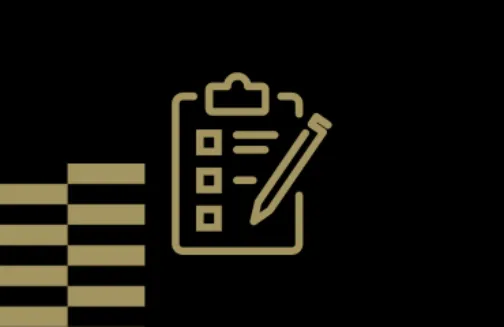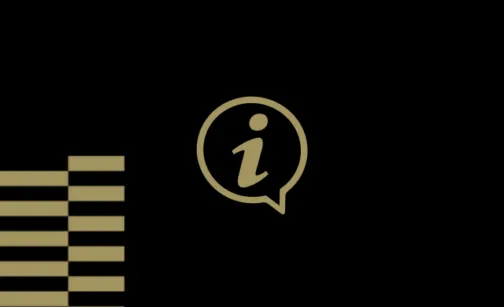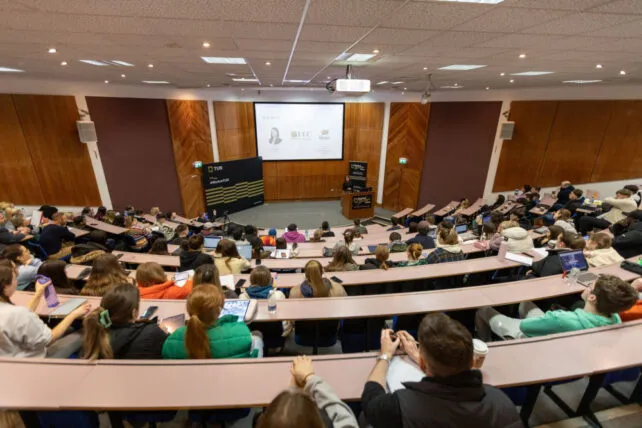Programme Endorsement
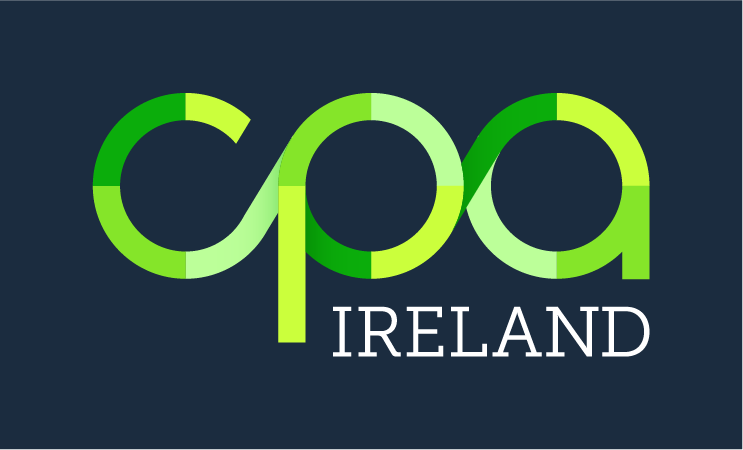
The BA (Hons) in Accounting with Finance provides students with the core concepts and principles of Accounting and Finance. A key advantage of the Accounting with Finance degree in Athlone is that it awards generous exemptions from the CPA professional accounting exams. Graduates of this programme are highly regarded within the accounting and financial services profession in Ireland and internationally. Students from this programme have secured first position in 2022 and 2023 at the National Accounting Competition with students from across all the universities in Ireland participating. This is a credit to the students and lecturers of TUS Athlone.
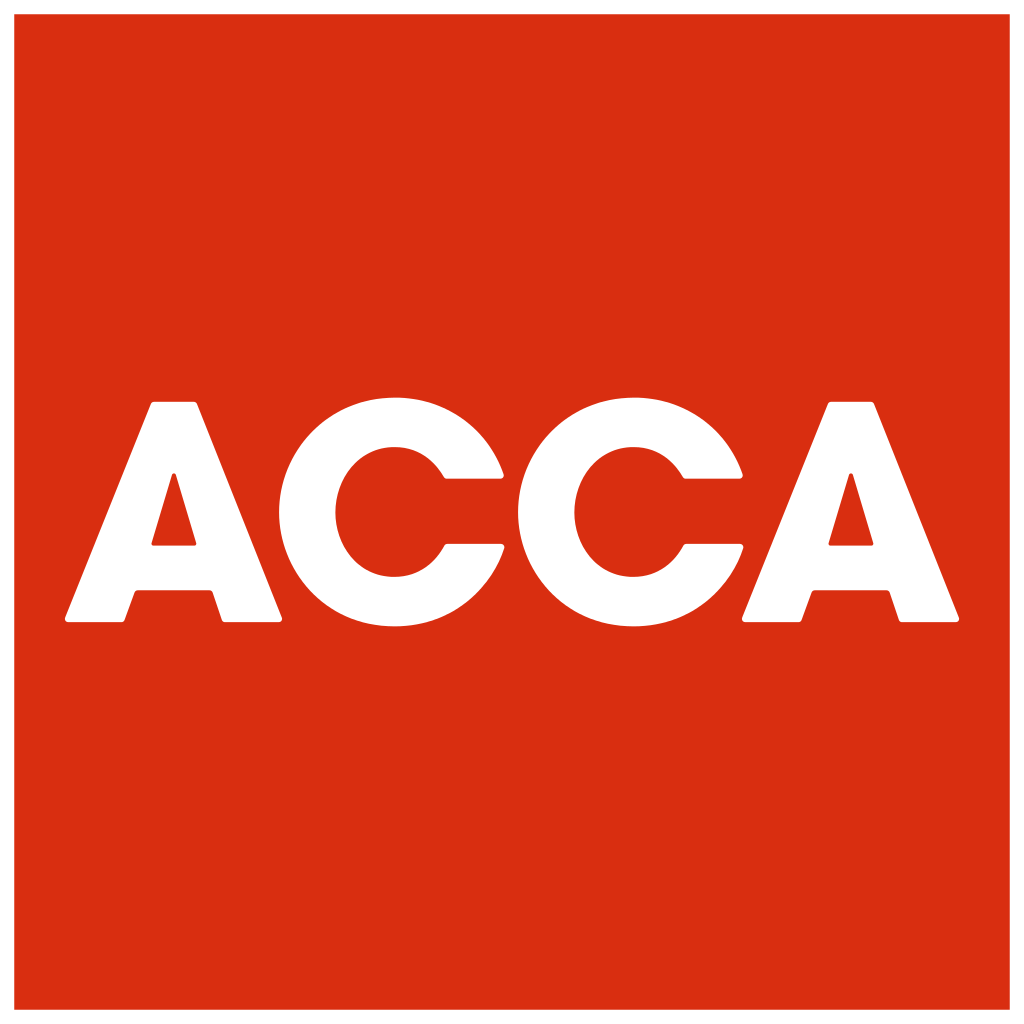
ACCA is proud to endorse the BA (Hons) Accounting with Finance programme offered by TUS Athlone. This programme provides students with a solid foundation in accounting and finance, as well as the skills and competencies required for a successful career in the industry. The programme is aligned with the ACCA qualification and offers maximum (9) exemptions, which means that students can benefit from exemptions and accelerated pathways to becoming a chartered certified accountant. We commend TUS Athlone for delivering a high-quality and relevant programme that meets the needs of the accounting profession and the society.


